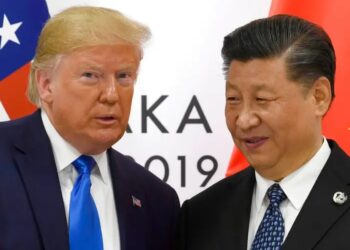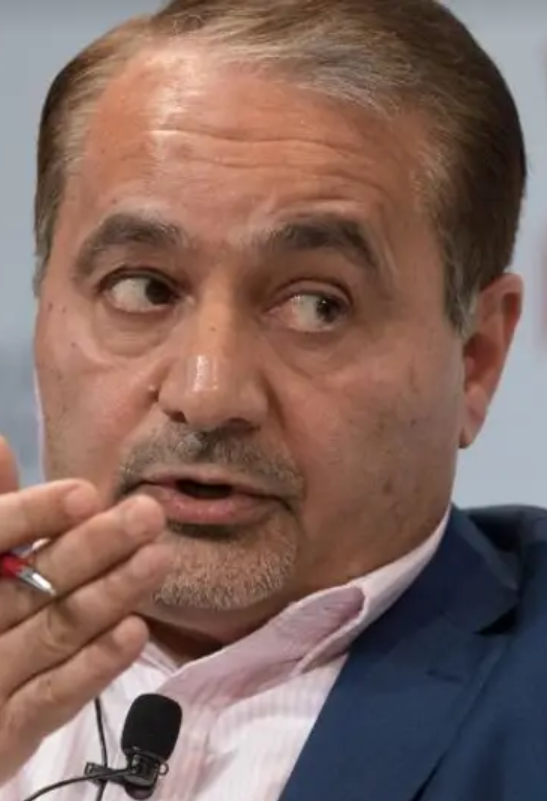June 17, 2022
President Raisi has made clear that he thinks Iran’s decades-old privatization program is not about privatization. But he hasn’t said what he will do about it.
The privatization program has long been damned by just about everyone outside the government. Under the program, businesses that were nationalized after the revolution are sold off. But most of those buying the businesses have been government agencies, like the Social Security Organization.
In other words, the government agency owning businesses most often sells the firms it owns to other government agencies.
On May 21, Raisi became the first president to join the critics. “Whatever happened in the name of privatization in the past was indeed a government takeover by another name,” he said.
He said governments have divested themselves of businesses by handing them over to banks, municipalities and the Social Security Organization so that “privatizing, in its true sense, never happened.”
Yet, while he minced no words about the faults of privatization, he also made no proposals for changing anything a fairly common practice by the president. And four days before he denounced the privatization program, the Privatization Organization announced that the Raisi Administration would divest itself of businesses worth 2,100 trillion rials ($7 billion) before next Now Ruz. But it didn’t say there would be any change in then method of divestiture.
It said the money raised would be used to pay off the government’s debts. Hossain Qorbanzadeh, the head of the Privatization Organization, said the government’s main creditor is the Social Security Organization, which he said is still owed 900 trillion rials ($3 billion).
Shortly after Raisi spoke out, Economy Minister Ehsan Khanduzi said privatization projects had so far failed to serve their intended aims.
“Privatization was meant to empower the private sector and expand its role and share in the economy, ease financial burdens of the government and promote competitiveness,” he said. To this end, he said the ministry is working on a bill to amend Article 44 of the Constitution.
Article 44 compartmentalizes the economy into three main parts: public; cooperative; and private. It obliges the government to transfer 80 percent of the shares in state-owned and affiliated companies to nongovernment entities, a provision simply ignored.
Khanduzi did not say how he wanted to amend Article 44 or when it would be done.
























